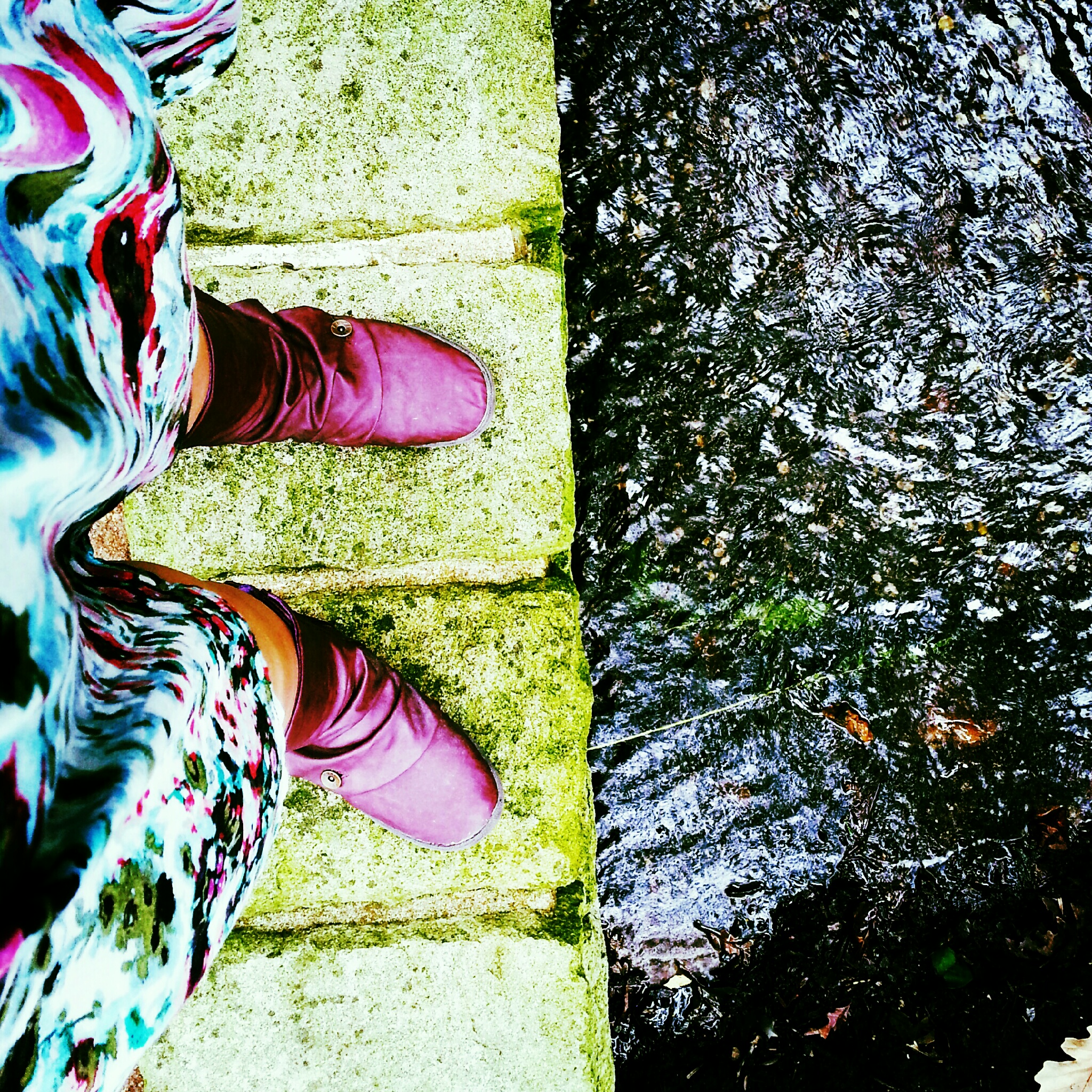I was never going to be the kind of woman you’d picture on a fashion magazine spread. For starters, I’m short. For another, I’m not built right. A casual observer can clearly tell I come from a long line of sturdy Germanic peasant stock. We aren’t nobility. We were bred for fields and toil. When the teacher at the local ballet academy looked at me (at age six), took a drag off her cigarette, and then told my mother, “She ees too chubby to be ballerina” (she probably wasn’t a chain smoking, child-hating, hawkish Francophile, but that’s how I remember it) I realized I probably wasn’t dealt the princess card.
I really wanted the princess card, but growing up didn’t help much. When I was younger, I wanted it because it made me special. As a teen, I wanted it because it made a girl desired and popular. Girls are fed the idea that being a princess (either a fairy tale one or a modern plasticy one) is the short cut way to be a highly valued commodity.
If you’re lucky. If you want a short cut. If you want to be a commodity.
Being this kind of princess means you’re available for consumption like a sugary confection. Your existence is at the whim of those whom you serve with your presence just by being beautiful. Those whose validation you need to even be this princess in the first place. You don’t need to think, to do, or to be anything other than seen. It’s a self-replicating cycle. It’s all surface. It makes your teeth hurt.
This willowy, bird-like fragility we so often equate with being “feminine” wasn’t going to cut it for me. All I had to do was look in the mirror to see that. We put fragile things on shelves, tell ourselves not to touch them. Feel good for owning them. If you perceive yourself as breakable, you become afraid of life. Life is scary, messy, ugly, and also so utterly fulfilling. You can’t afford to be dainty about it.
Besides, I have trees to climb, knees to skin, science books to read, and computer games to play. I dug down deep inside to find my “inner princess” looking for Cinderella and came up instead with Wonder Woman.
As an adult, I realized that I’m built to be capable. The cankles I bemoaned as a preteen support strong legs that can get me just about anywhere to explore. The comic books and Pre-Raphaelite poetry I hid inside Seventeen Magazines fed my imagination, concept of narrative, and sense of awe.
This is another kind of princess. This is the princess you make yourself. This is the princess that’s grown into a queen. She’s formidable – still learning, but powerful. Her only limits are the ones she puts on herself and on her rule.
One of the first real books with chapters I read as a child (and still one of my favorites) was A Little Princess by Frances Hodgson Burnett. She said, “All women are princesses, it is our right.” Hodgson Burnett’s genius was hiding a very adult story in a deceptively simple children’s book. She wasn’t talking about a fairy tale princess. She was talking about the inner knowledge that your worth is defined by you alone.


